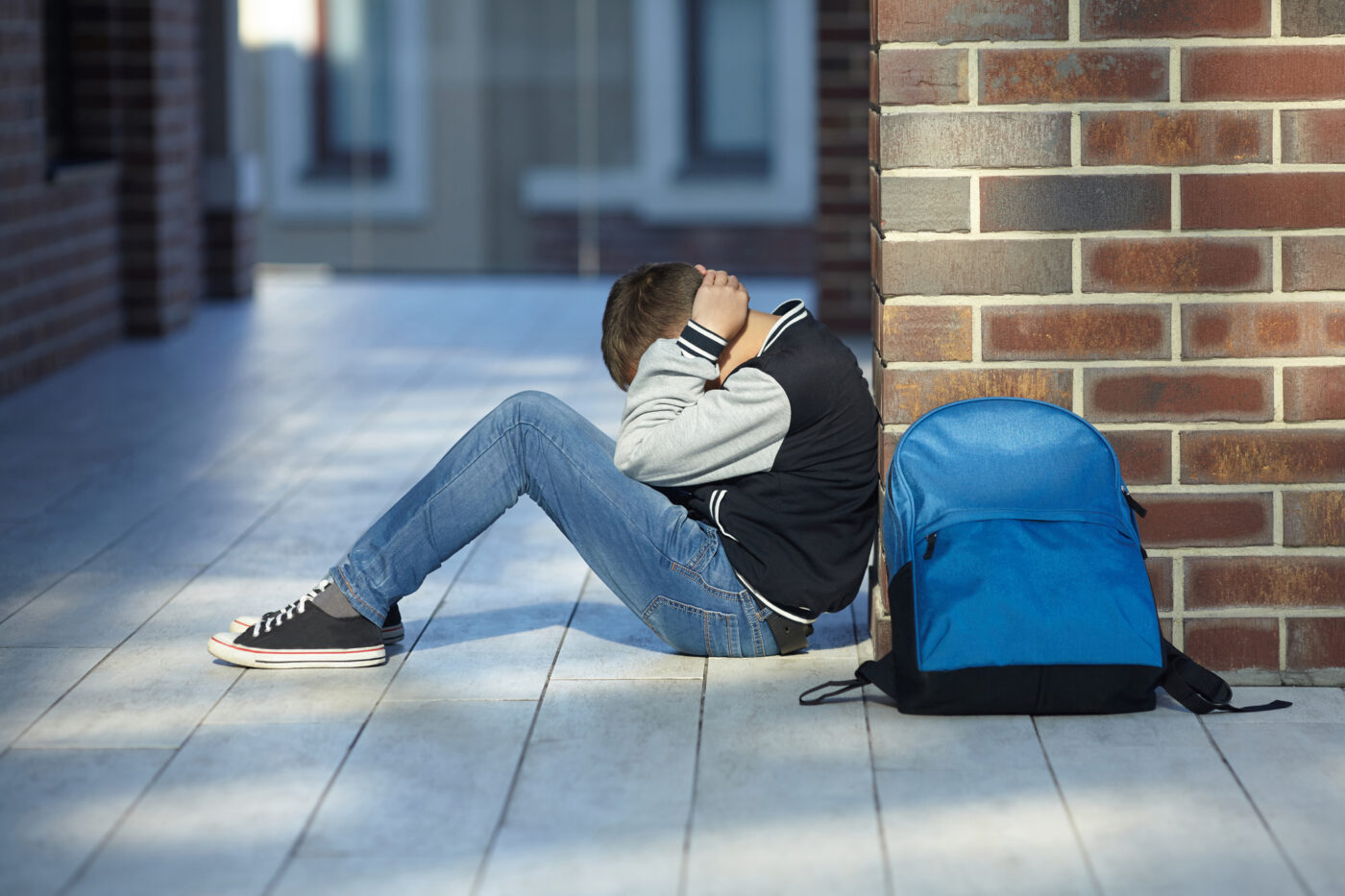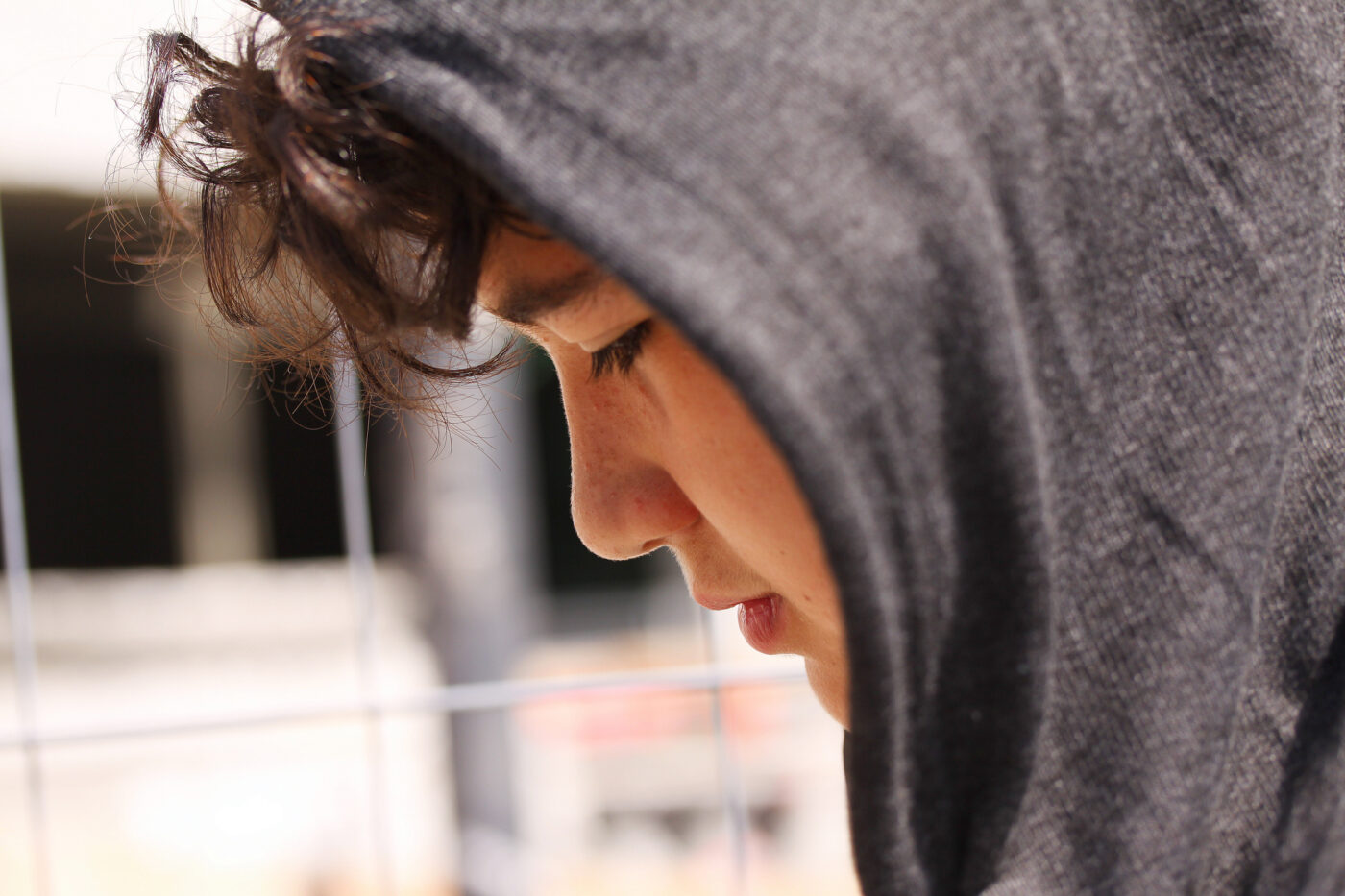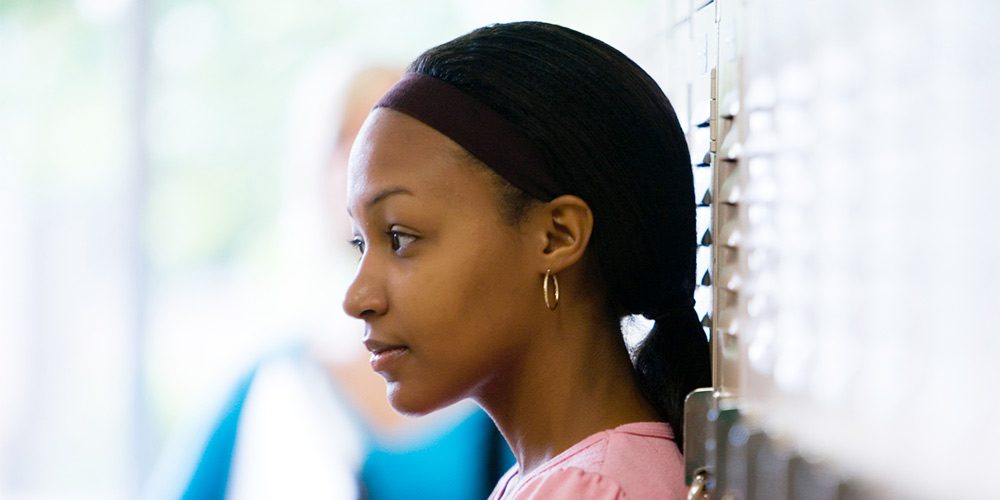I was in my twenties talking to several girls at a party. “We have a weed that’s out of control. Can you help us remove it?” They asked. I was very single at the time, and they were attractive, so I was more than happy to help. When I arrived at their house the next day at the agreed-upon time, they were nowhere to be found. But there was the weed. A typical guy would have had some self-respect and just left. Instead, I decided to remove the weed. It took hours of sweat and exhaustion. Even worse, it had berries on it that fell on their stairs, making a mess. That’s when their neighbor walked by and said, “You messed up their stairs. That’s really rude.” I stood there frustrated, tired, and dirty, all because a weed had grown out of control. And because I was single and desperate for a group of girls to like me.
I learned a lot that day, but probably the most important lesson was to tackle problems early. If the weed had been removed a year or two earlier, it would have been easy. The same is true of our thoughts. Our thoughts start small and then grow into solid beliefs that ultimately affect our actions. Some of those thoughts are dangerous and need to be corrected quickly. This is especially true of some of the negative thoughts our kids have. We need to make sure some of their thoughts never grow strong roots. Otherwise, they can have a damaging effect. Here are 5 negative thoughts that are dangerous for kids.
1. “No one likes me.”
There have been seasons of my life when I’ve lacked close friends. I also had times when it felt like I didn’t have any friends at all. It’s lonely and painful, especially for kids. They can start to feel like rejected outcasts. If your child is struggling with negative thoughts like this, remind him or her that sometimes, it takes a while to find our people. But they’re out there. If your kids believe no one likes them, it can lead to a low self-image and to the second thought on this list.
2. “I don’t like myself.”
Childhood can be a turbulent time, especially in the middle and high school years. Kids are trying to figure out their identities. Meanwhile, they’re consistently getting unfiltered, and often unkind, feedback from their peers. If they feel like they don’t fit in they can develop low self-worth. When the thought “I don’t like myself,” is nurtured and believed, it can even result in self-harm. While the opinions of their peers are powerful, do your best to affirm your kids often. Try to find specific things about your kids to compliment. Make sure they know they are wonderfully made.
The thing kids crave most is attention, and when they don’t get it, they feel unloved, unimportant, and alone.3. “I wish I were (different).”
More specifically, this means they wish they were like someone else. Life looks easier for kids who are physically attractive, have dynamic personalities, or whose families have money. However, the thing kids crave most is attention, and when they don’t get it, they feel unloved, unimportant, and alone. Meanwhile, there are those kids who receive tons of attention, and it’s understandable that other kids think they need to be like them. But Ephesians 2:10 says, “For we are God’s handiwork, created in Christ Jesus to do good works, which God prepared in advance for us to do.” If our kids try to be someone else, they will miss out on what God created in them.
4. “I’m so stupid.”
This is a common one. When kids see classmates achieving more in the classroom, they can start believing they’re stupid. The reality is we all learn in different ways and have various talents. Just because someone struggles in an academic environment doesn’t mean they’re dumb. Thoughts like this can make kids feel defeated and give up. Share stories with them of people who struggled in school, such as Thomas Edison, Pablo Picasso, and Steven Spielberg. I was the only one of my friends from college who didn’t graduate with honors, and I often have the lowest GPA in any group I’m in. However, I find comfort in the disciples that Jesus chose. They were castoffs, “sinners,” fishermen, and a tax collector. Probably none of them would have gone to Harvard, and Jesus chose them to start a movement. They ended up changing the world.
5. “I can’t do it.”
Here’s the reality: They might not be able to do it. But they should never start there. Statements like this are typically said out of fear of failure. Our kids have a lot of pressure on them to succeed. Parents flip out if their kids don’t get into the right preschool, as if their lives will be ruined because of it. Kids pick up on it. I saw it when I was working with teens. One missed grade or negative mark was the difference between a good life and a ruined one. The fear of failure can be paralyzing. There’s nothing wrong with failing. It’s one of the best teachers, and the biggest innovations in history came from a long list of failures. Make sure your kids know that. Maybe they can’t do it, but tell them to have fun trying and never give anything less than their best effort.
Sound off: What are some other negative thoughts our kids might be having? How can we help our kids think differently?












Huddle up with your kids and ask, “What three words would you use to describe yourself?”